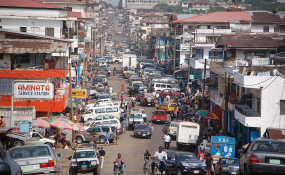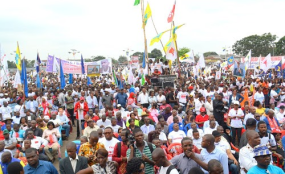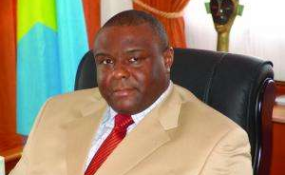Bissau — A Chinese fishing vessel, Hai Feng, will be used to supply fish to Guinea Bissau’s internal market as from Friday, Guinea Bissau’s Fisheries Minister Fernando Correia Landim said Thursday.
“The Chinese vessel will henceforth supply fish to the internal market so that every citizen can access fish products at an affordable price,” Landim said after taking part in operations to offload fish from the Chinese vessel at the Bissau port.
He said the government will avail over 200 tons of fish on the domestic market under an agreement signed with China.
A kilogram of fish that currently costs 650 CFA Francs (1.1 U.S. dollar) on the internal market will henceforth be sold at 500 CFA Francs.
The minister said this partnership with China will enable the Guinea Bissau government to create ideal conditions for supply of fish to the internal market.
On Thursday, Hai Feng vessel offloaded 142 tons of fish, but Guinea Bissau fishmongers urged the government to redouble efforts to supply more fish on the internal market.
Guinea Bissau has in the past experienced a shortage of fish due to lack of fishing vessels in the country.
China and the European Union are the country’s principle partners in the fishing sector.









